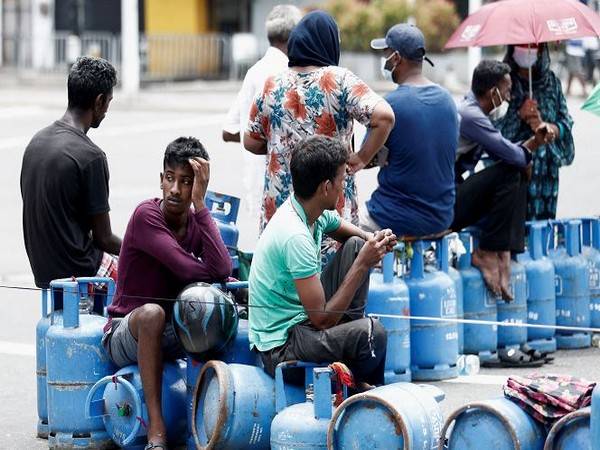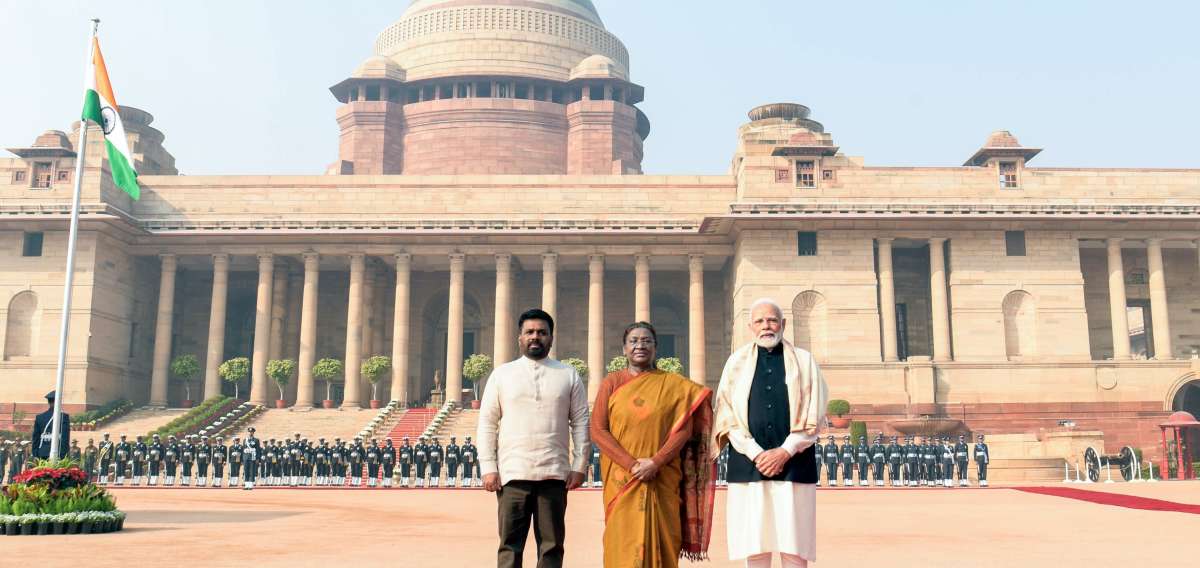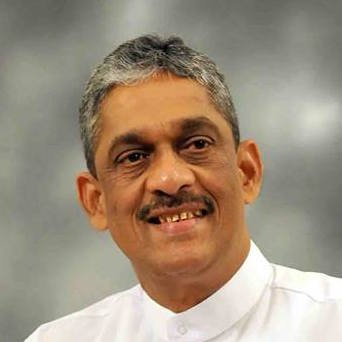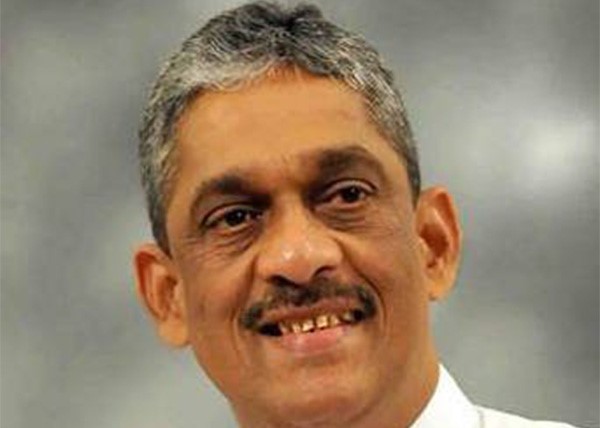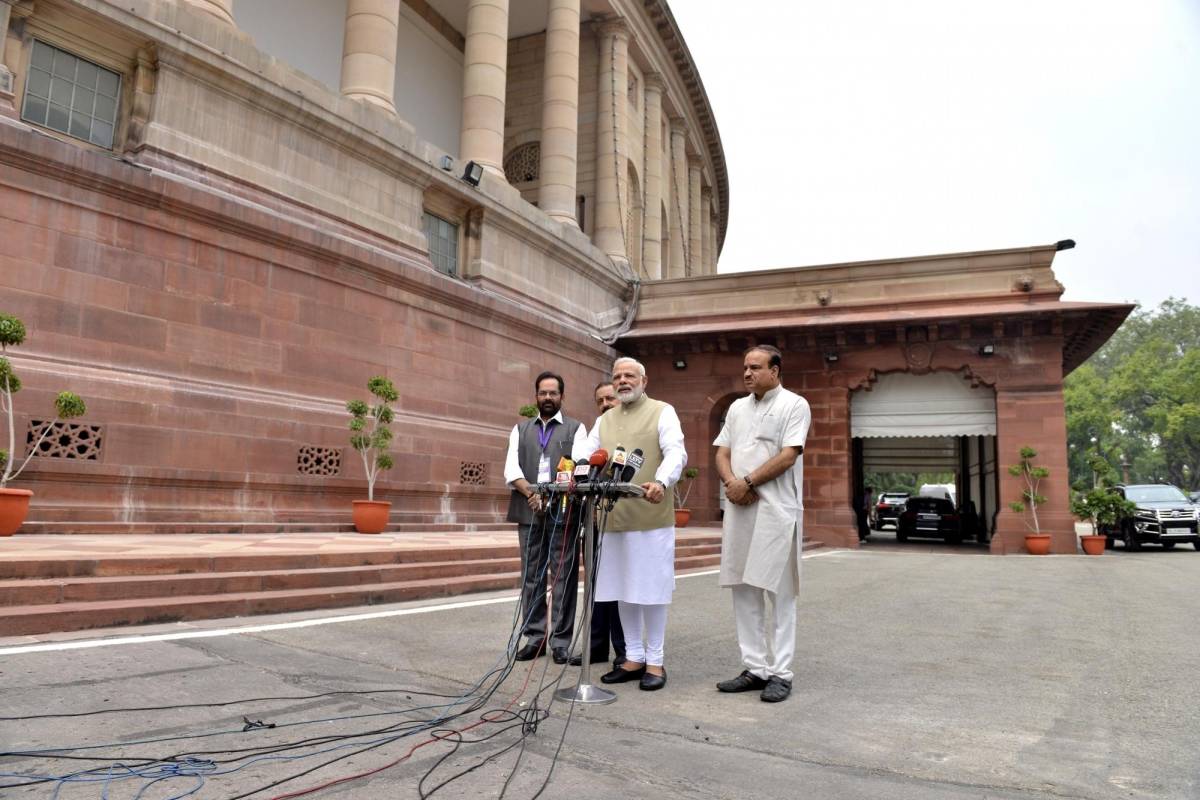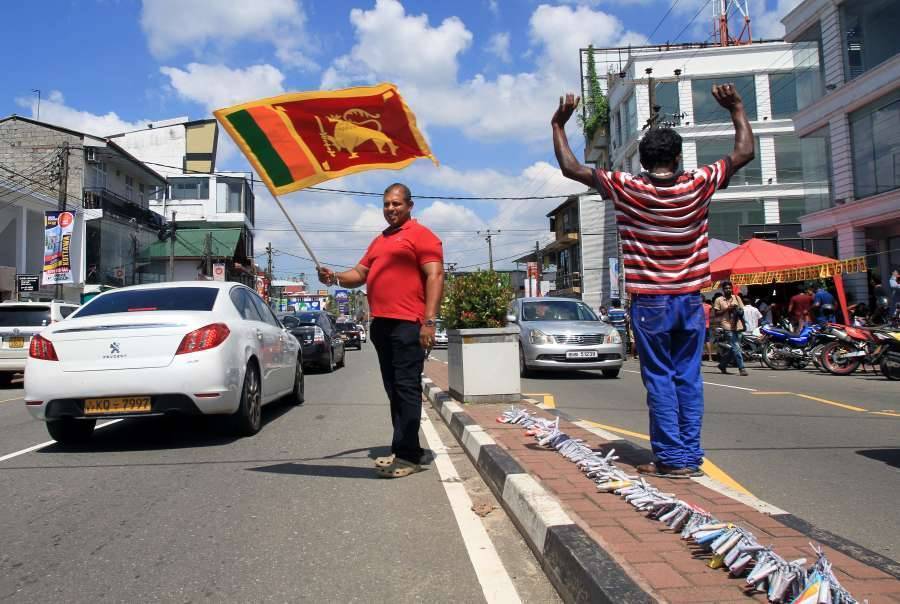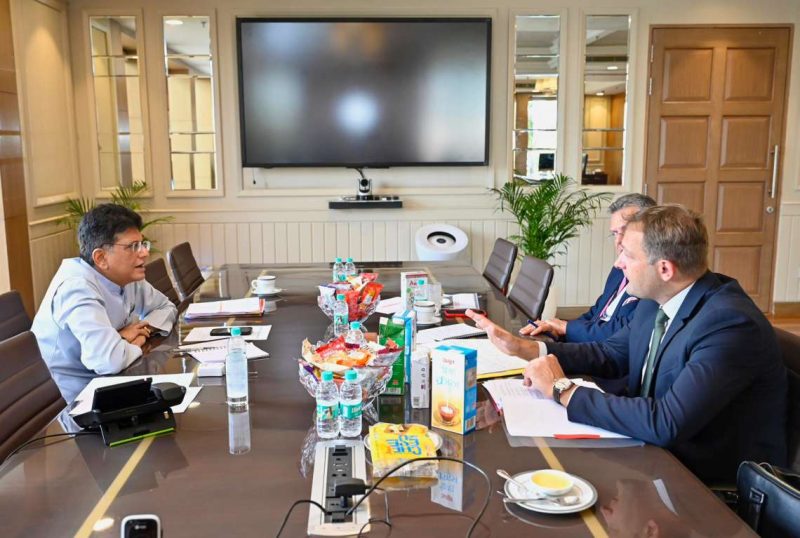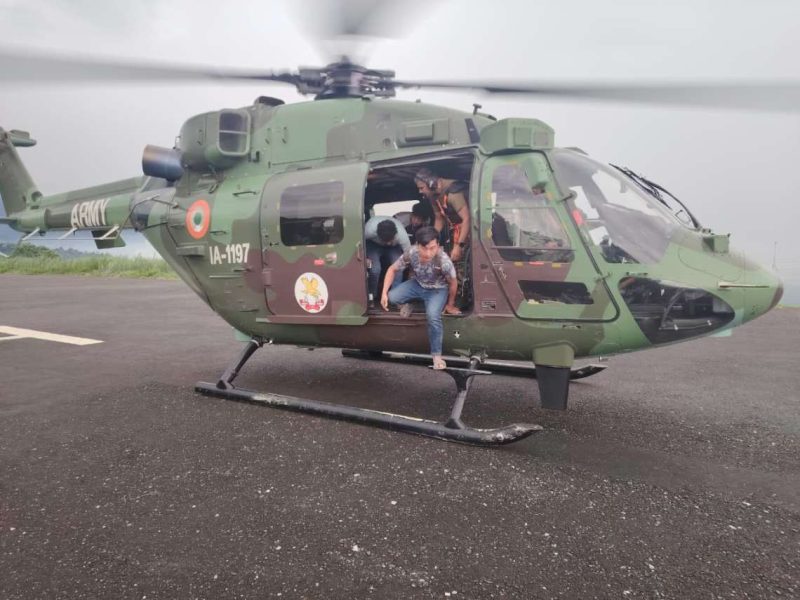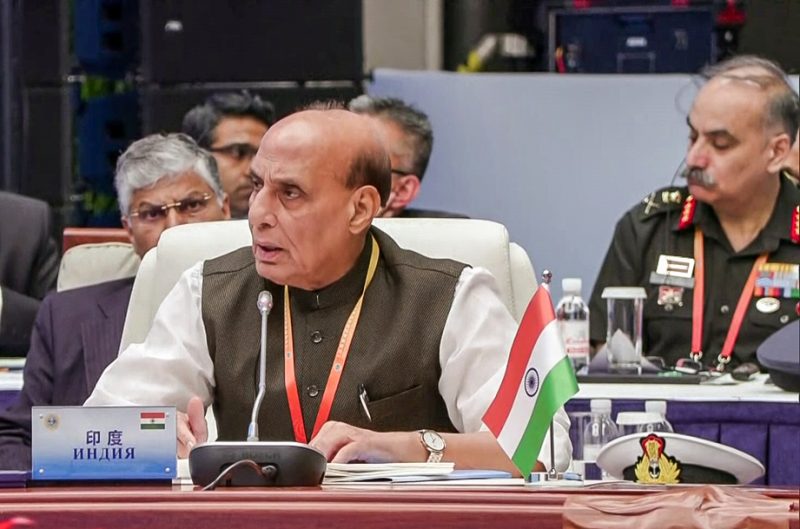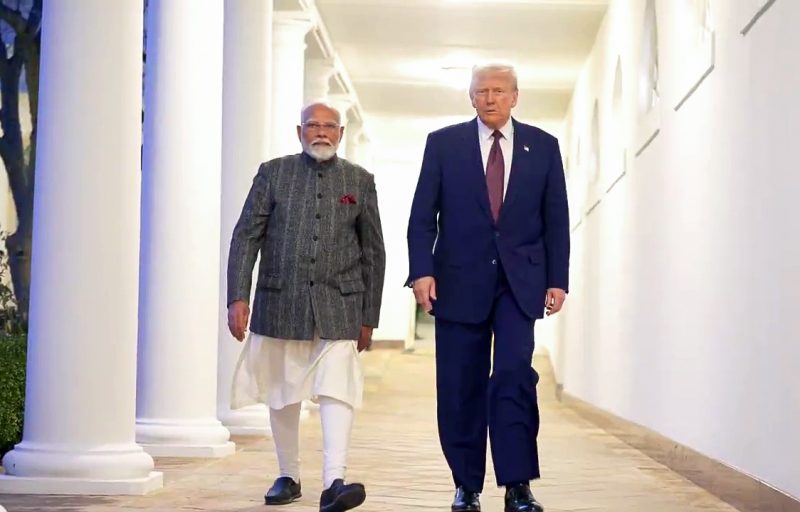The international community acting “right now will help prevent a much larger humanitarian crisis later in the year,” the UN Coordinator added….reports Arul Louis
Warning that the crisis in Sri Lanka will affect its fragile “social cohesion”, the UN has launched a $47.2 million appeal for humanitarian assistance.
Hanaa Singer-Hamdy, the UN’s Resident Coordinator for Sri Lanka, on Thursday said, “The enjoyment of basic human rights to food (and) to adequate health is at stake to many and this could ultimately, knowing the history of Sri Lanka, impact the social cohesion.”
Emerging from years of ethnic conflict that saw tens of thousands killed, Sri Lanka is now “facing its worst economic crisis since independence,” she added.
She said that the $47.2 million was needed to immediately help the 1.7 million people most at risk of the 5.7 million most adversely affected.
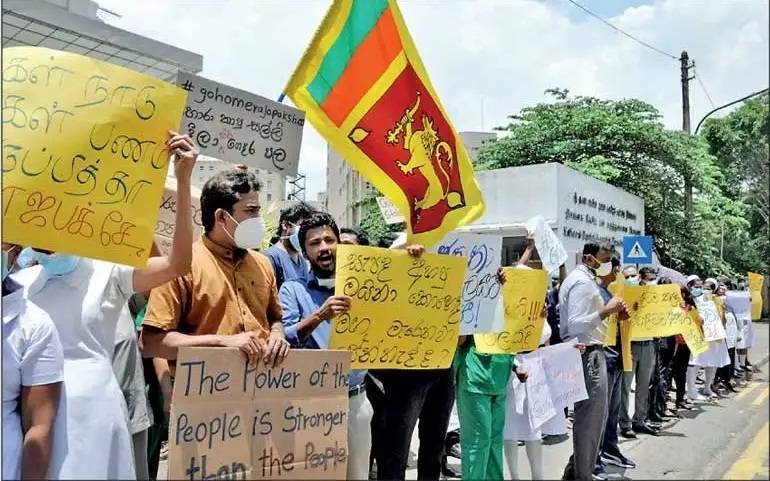
The international community acting “right now will help prevent a much larger humanitarian crisis later in the year,” the UN Coordinator added.
The appeal is not only aimed at governments but also at corporations and the diaspora, she said.
The amount that the UN is asking for will take care of the needs of the targeted segment only till September, the UN official added.
Singer-Hamdy said that 95 per cent of the people affected have already reduced their food intake and a large proportion of them are “using the coping mechanisms such as selling home furniture, borrowing money”.
The multi-dimensional crisis is impacting nutrition, health, education and children’s welfare, she added.
By May this year food inflation had reached 57.4 per cent and there was a shortage of fuel for cooking, transport, and industry, and there are daily power outages, she said.
The country, which had the best health system in the region, is now in danger of running out of many essential medicines and surgical supplies by the end of July, Singer-Hamdy added.
A major food crisis is looming because only about 24 per cent of the agricultural land has “been able to be blocked due to acute shortage of basic agricultural inputs of seeds, fertilisers, etc,” she said.
Asked about the causes of the crises, Singer-Hamdy added that while the Ukraine conflict had a ripple effect, there were other factors like the Covid-19 pandemic, the tax cuts that cut the government revenue, the foreign exchange shortage, the currency devaluation and the ban on chemical fertilisers which cut agricultural production by 50 per cent.
She also said that “there are systemic root causes to this situation, including those linked to governance and human rights” and “these need to be addressed in the long term”.


